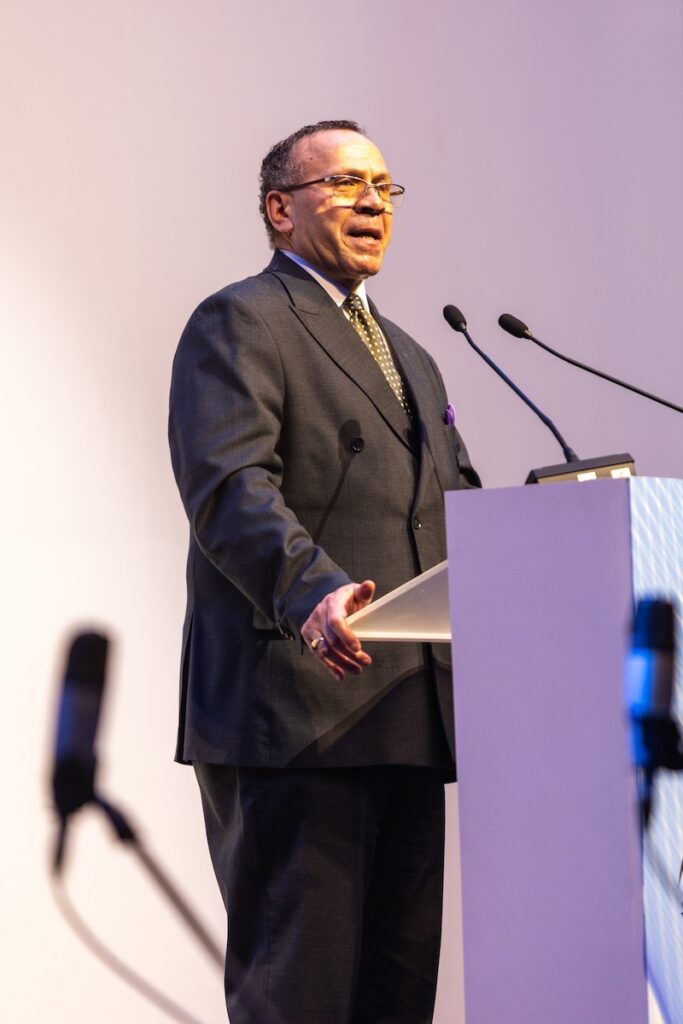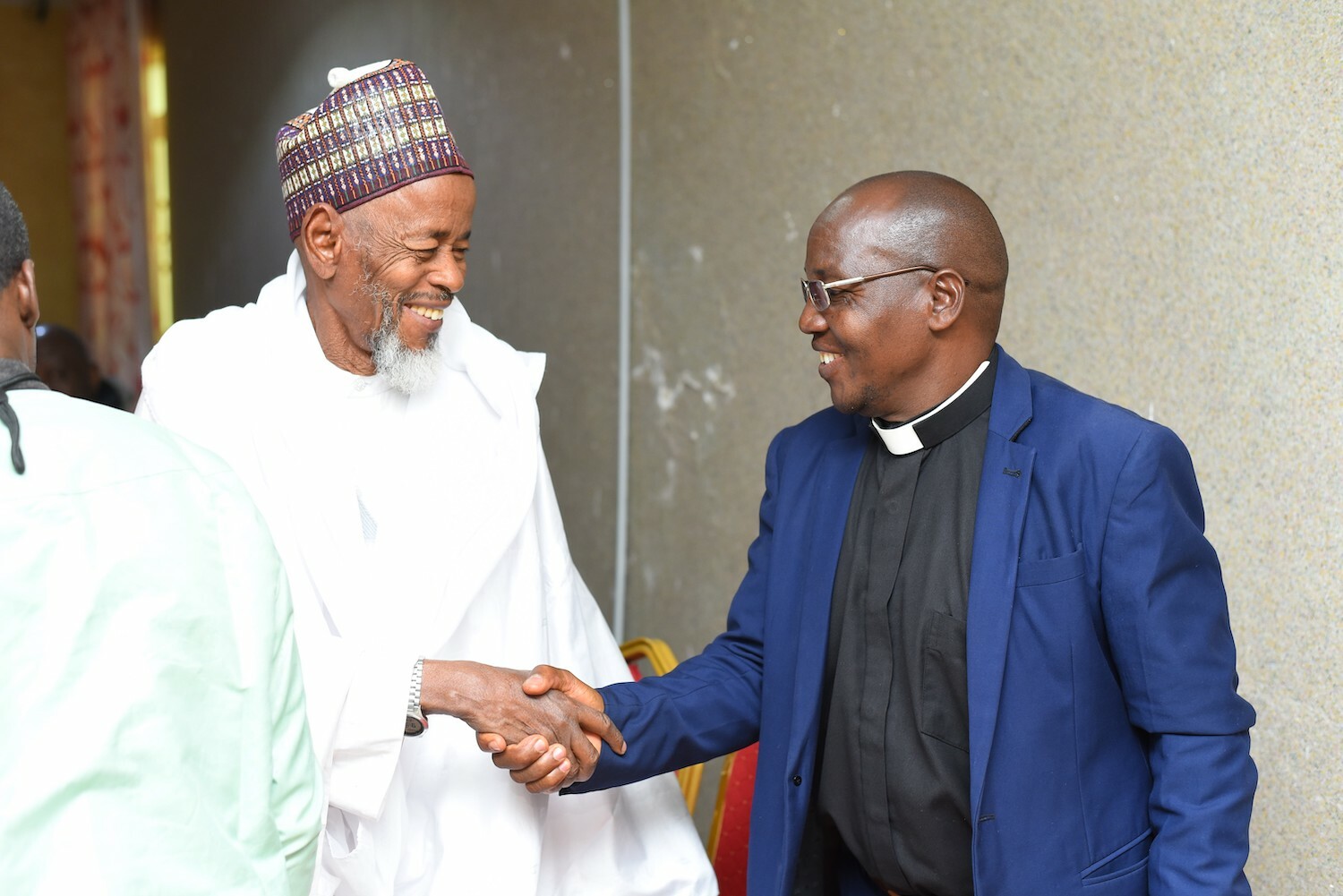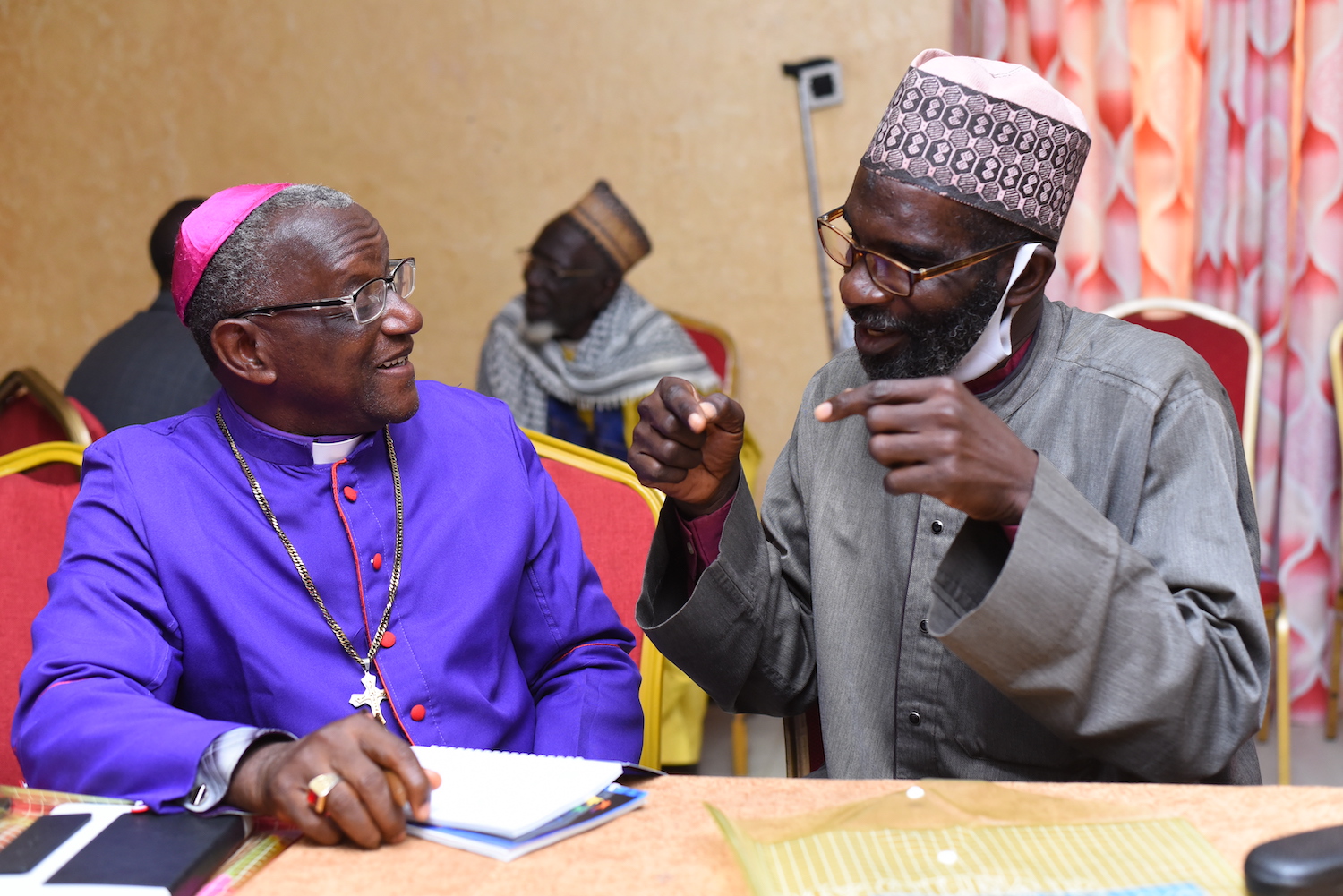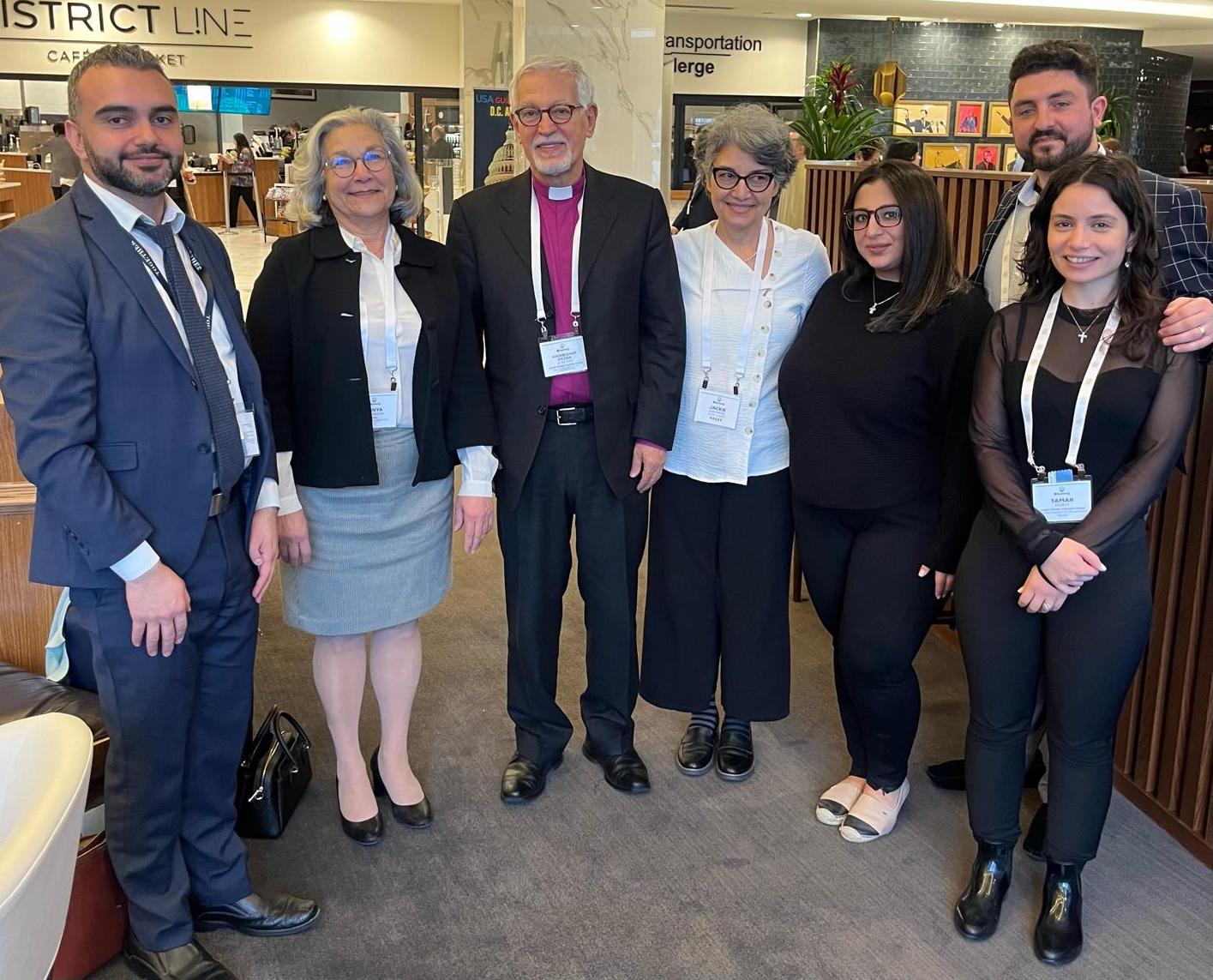
Dr. Paul Murray, Vice President of Religious Freedom Initiatives for Global Peace Foundation
In the shadowed heart of Nigeria’s Middle Belt, as the world around her celebrated the peace of the Christmas season, Rebecca Maska’s life was shattered by the crack of a gunshot. In an instant, the festive preparations turned into a fight for survival. Rebecca lay wounded, bleeding out for three long hours, her world narrowing to pain and fear while her son, in a separate but equally horrifying twist of fate, suffered the brutal severing of his hand by a machete-wielding assailant. This was not a scene from a war movie; it was the grim reality of the Christmas Massacres in Nigeria.
Meanwhile, Magit Macham faced his own nightmare. In a desperate bid to save his injured brother, he dragged him away from the chaos, their escape a heart-pounding race against time and death. They spent a night of unspeakable terror, hidden away, listening to the haunting sounds of marauding attackers just steps away. These vivid and harrowing episodes, reported by Christianity Today, are not isolated tragedies but part of a larger tapestry of violence that has become all too familiar for the Christian communities in Nigeria. Their stories, fraught with pain and loss, are a dramatic opening to a crisis that demands not just our attention but our immediate and decisive action.
As the new year approaches, the Christmas Massacre underscores the urgent need for global attention to Nigeria’s ongoing religious persecution crisis. Earlier this month, the U.S. Commission on International Religious Freedom (USCIRF) criticized the U.S. Department of State for not including Nigeria on its “Countries of Particular Concern” list under the International Religious Freedom Act (IRFA) despite severe violations of religious freedom. As highlighted by USCIRF Chair Nury Turkel, this points to a significant oversight requiring immediate action.
These recent massacres continue a long history of targeted violence against Christians in Nigeria’s Middle Belt, culminating in the recent killing of nearly 200 believers. This pattern of violence highlights the escalating persecution facing the Christian community.
In Nigeria’s Middle Belt, where a predominantly Muslim north meets a predominantly Christian south, religious and ethnic tensions have long simmered. The attacks on 26 villages in Plateau State by suspected Fulani Muslim extremists are part of this ongoing conflict, driven by religious hatred, farmer-herder disputes, and land rights issues.
These personal tragedies are components of a larger narrative of systemic violence claiming thousands of lives over the years. The Christmas massacres, marked by extraordinary cruelty, are just one instance in a series of continuous assaults on Nigerian Christians.
The magnitude of this persecution is overwhelming. In the first half of 2023 alone, 201 deaths were reported in Plateau State. The Armed Conflict Location and Event Data Project recorded at least 2,600 killings in 2021 in the Middle Belt, and since 2009, jihadist forces have killed at least 52,000 Christians and 34,000 moderate Muslims.
Local and national bodies have denounced these attacks, and organizations like Amnesty International have demanded investigations. Yet, these responses inadequately address the historical and systemic nature of this persecution. The international community’s failure to fully recognize and act upon the severity of this crisis is alarming.
A strong, coordinated international response is imperative. Global leaders, human rights organizations, and religious institutions must not only acknowledge this persecution but also actively work to end it. This calls for pressuring the Nigerian government to strengthen protective measures and hold perpetrators accountable.
Beyond immediate protective measures, it is critical to cultivate and implement strategies for long-term stability and peace. Key to this is the creation of platforms dedicated to values-based peacebuilding as established by the Global Peace Foundation. These platforms encompass inclusive security dialogue and community peacebuilding initiatives, both essential for fostering a climate of mutual understanding and respect. Advocating for freedom of conscience, belief, and religion is equally vital. Such advocacy helps build understanding and respect among diverse religious communities, pivotal in bridging the gaps that often result in religious and ethnic conflicts. Complementary strategies must address broader issues like climate change mitigation and equitable resource management, reducing underlying tensions that can also spark conflict.
The Christmas Massacres are a stark reminder of the dire situation of Christians in Nigeria’s Middle Belt. They call for global action, not just in words but in decisive measures. The history of and the ongoing attacks against Christians in Nigeria calls for international solidarity and action toward a future where religious freedom and safety are guaranteed.
Let this tragedy be a turning point as we enter the new year. The international community must recognize and act together to alleviate the suffering of affected individuals like Rebecca Maska and Magit Macham. In 2024, our collective actions will shape the course of this crisis. Let’s commit to and actively engage in building a world where everyone, regardless of faith, can live in peace and security.
Remember, the plight of Nigerian Christians reflects the broader global challenges in upholding religious freedom and human rights for everyone, everywhere. Our collective response will define the future of this crisis. Let 2024 be the year we transform our approach and actively work towards a world of peace and security for all, irrespective of one’s faith or belief.
Bishop Dr. Paul Murray is the International Vice President for Religious Freedom Initiatives at the Global Peace Foundation, Vice Chairman of the International Religious Freedom (IRF) Secretariat and Chairman of their Global Academic Council. He is also a member of the National Advisory Board for the National Committee of Religious Freedom.



